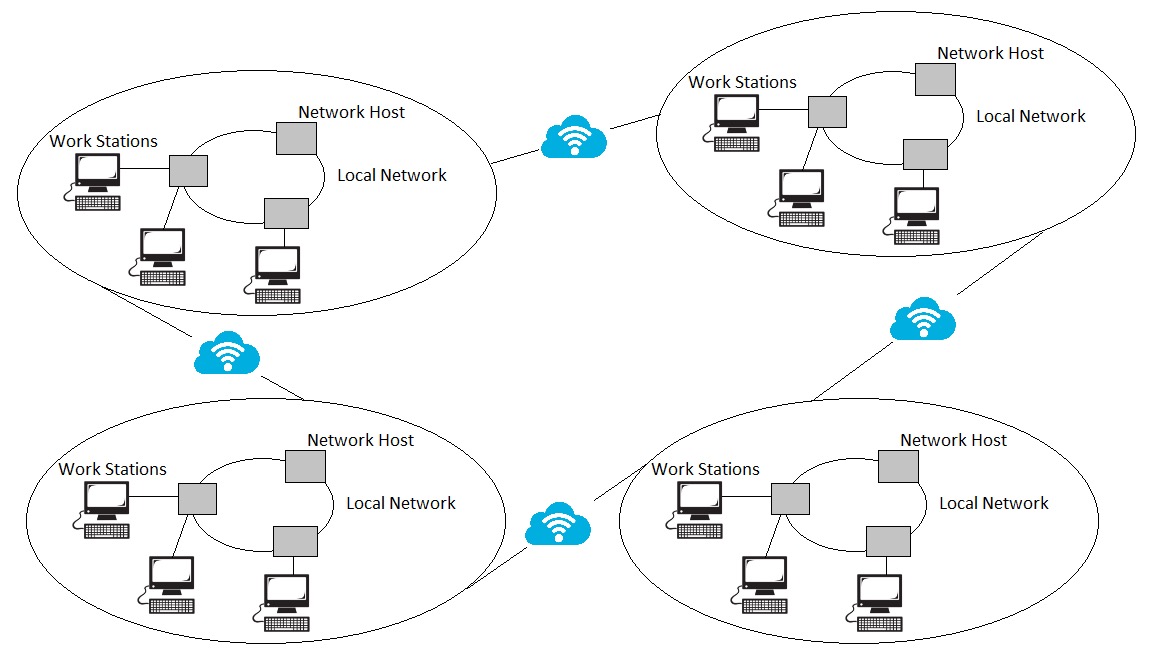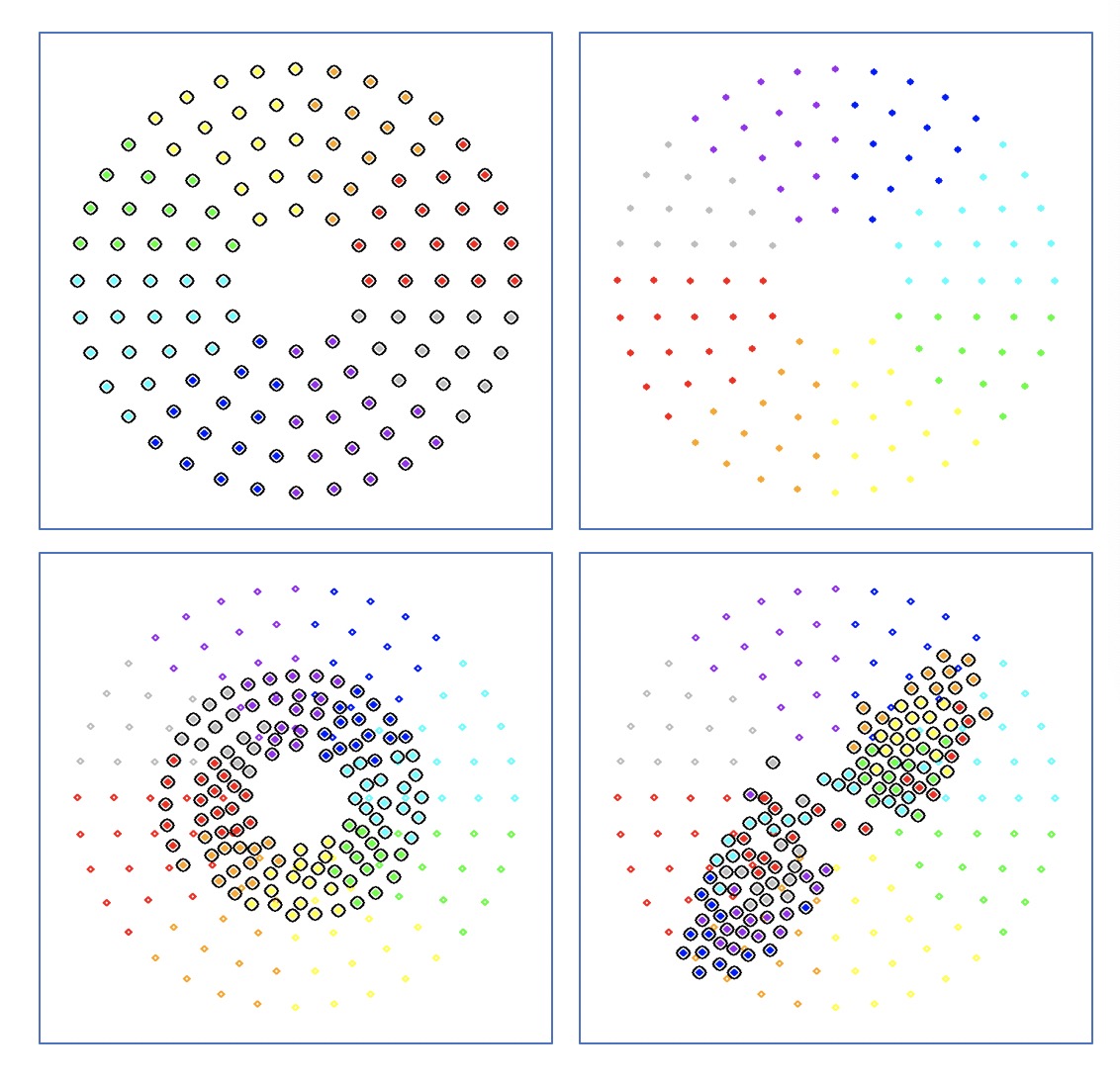We conduct research mainly in the area of optimization and algorithms design. In recent years, we are focusing on approximation and online algorithms, distributed computing, and multiagent systems.
1. Approximation and online algorithms
Assuming P≠NP, some problems do not have efficient algorithms to achieve the optimum solution. To handle such hard problems, a natural method is to balance the quality and the efficiency of the algorithm. In other words, designing algorithm with the approximation guarantee within some given running time. Typically, when we solve (offline) problems and design algorithms, we assume that all the input data is known in advance. However, in many real cases, the data may be presented to us as we proceed. During the execution, an online algorithm produces a sequence of decisions, and each of them must be made based on past events and without full information of the future. We are focusing on some specific fundamental problems related to the approximation and online algorithms, including job scheduling, bin packing, frequency allocation, online selling, facility location, etc.

2. Distributed computing
The distributed computing scheme takes off in recent decades under the large-scale systems and networks. Compared with a centralized one, the distributed computing framework is more friendly on implementation, and has a better performance on running time and fault-tolerance if without a-priori infrastructure. In recent years, the network construction via distributed computing is what we focus on, especially in the context of wireless networks. By a local area computation and communication, a global network construction can be accessible. Currently, many of our works on network construction have reach the asymptotically optimal results considering the trivial lower bound for a successful transmission in distributed communication. The further algorithm design for distributed computing in some more realistic scenarios will be our next step in research.

3. Multiagent systems
Multiagent system is one of the primary research directions in the study of distributed artificial intelligence. It is organized by multiple autonomous individuals through mutual cooperation and self-organization at the collective level to complete assigned tasks. Multiagent systems have a wide range of applications in the real world, including military defense, environmental monitoring, industrial manufacturing, emergency rescue, population decision making, etc. We are focus on effectively implementing multiagent systems in complex environments with dynamic attributes, including efficient information sharing and information fusion; multiagent cooperative sensing in dynamic environments; and multiagent self-adaptive decision-making based on group game-theory.








